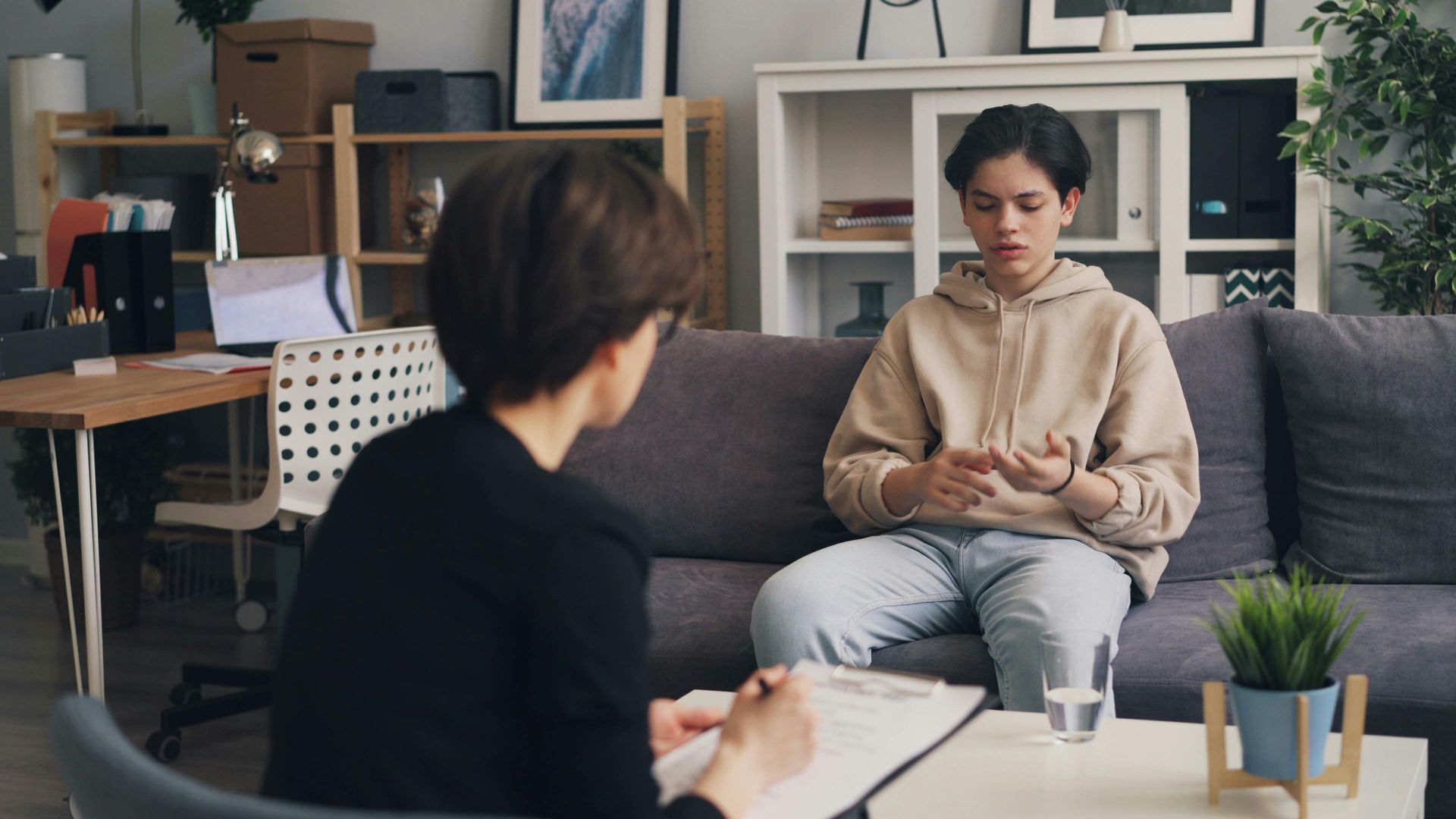Providing Low-Cost Therapy: Making Mental Health Support Accessible
Providing Low-Cost Therapy: Making Mental Health Support Accessible
In the contemporary era characterized by its rapid pace, the significance of mental health as a fundamental component of overall well-being cannot be overstated. However, for numerous individuals, financial limitations often hinder the prospect of securing high-quality therapeutic services.
At CBT Wellness and Virtual Services, we aim to make mental health treatment accessible and affordable for everyone. That is why we offer online low-cost therapy, along with sliding-scale and probono (free) therapy through our Intern Program. This ensures that cost is never a barrier to receiving the support you need.
Understanding the Need
Mental health concerns impact a significant portion of the population, and the role of professional therapy in addressing these issues is crucial. Nonetheless, the substantial expenses linked with therapy frequently discourage individuals from pursuing treatment. This economic obstacle can worsen mental health conditions and hinder individuals from achieving a satisfying quality of life. Acknowledging the gravity of this problem, I have committed to offering cost-effective therapeutic solutions to guarantee that financial constraints do not impede mental health.

The Value of Online Low-Cost Therapy
Providing therapy at a reduced cost does not necessitate a compromise in quality. Instead, it involves modifying the methodology to enhance accessibility without compromising the efficacy of the treatment. Herein lies my commitment to upholding high standards of care while ensuring affordability:
1.
Sliding Scale Fees: We implement a sliding scale fee structure contingent upon income and financial need. This strategy guarantees that therapy remains accessible to all, regardless of economic circumstances.
2.
Teletherapy: Introducing therapy through digital platforms reduces the overhead expenses associated with the upkeep of a physical office. This not only broadens the accessibility of treatment but also affords clients greater flexibility.
3.
Short-Term and Focused Therapy: Short-term or solution-focused therapy has proven to be highly effective for many individuals. By focusing on specific concerns, these sessions are more cost-effective and deliver substantial support.
Our Commitment to Accessibility & Affordability
Our dedication to providing low-cost therapy is rooted in a profound comprehension of the obstacles numerous individuals encounter when they seek assistance. Access to mental health support is a fundamental right, and we are committed to guaranteeing that financial constraints do not hinder individuals from accessing the necessary care.
Our psychotherapy interns can provide sessions from $20 to $100. They can even provide pro bono and free therapy sessions if needed.
Conclusion
Offering therapy at a low cost transcends providing a service; it represents a dedication to ensuring that mental health care is accessible to everyone by providing affordable and high-quality treatment while also cultivating a supportive community. Our virtual low-cost therapy
options aim to contribute towards a global society where every individual has the chance to flourish mentally and emotionally.
Should you or someone close to you find yourselves grappling with the financial burden of therapy, we urge you to seek out the available and affordable alternatives. Together, we have the power to dismantle obstacles and promote mental health for the benefit of all.
You can book a low cost counselling appointment
here!











